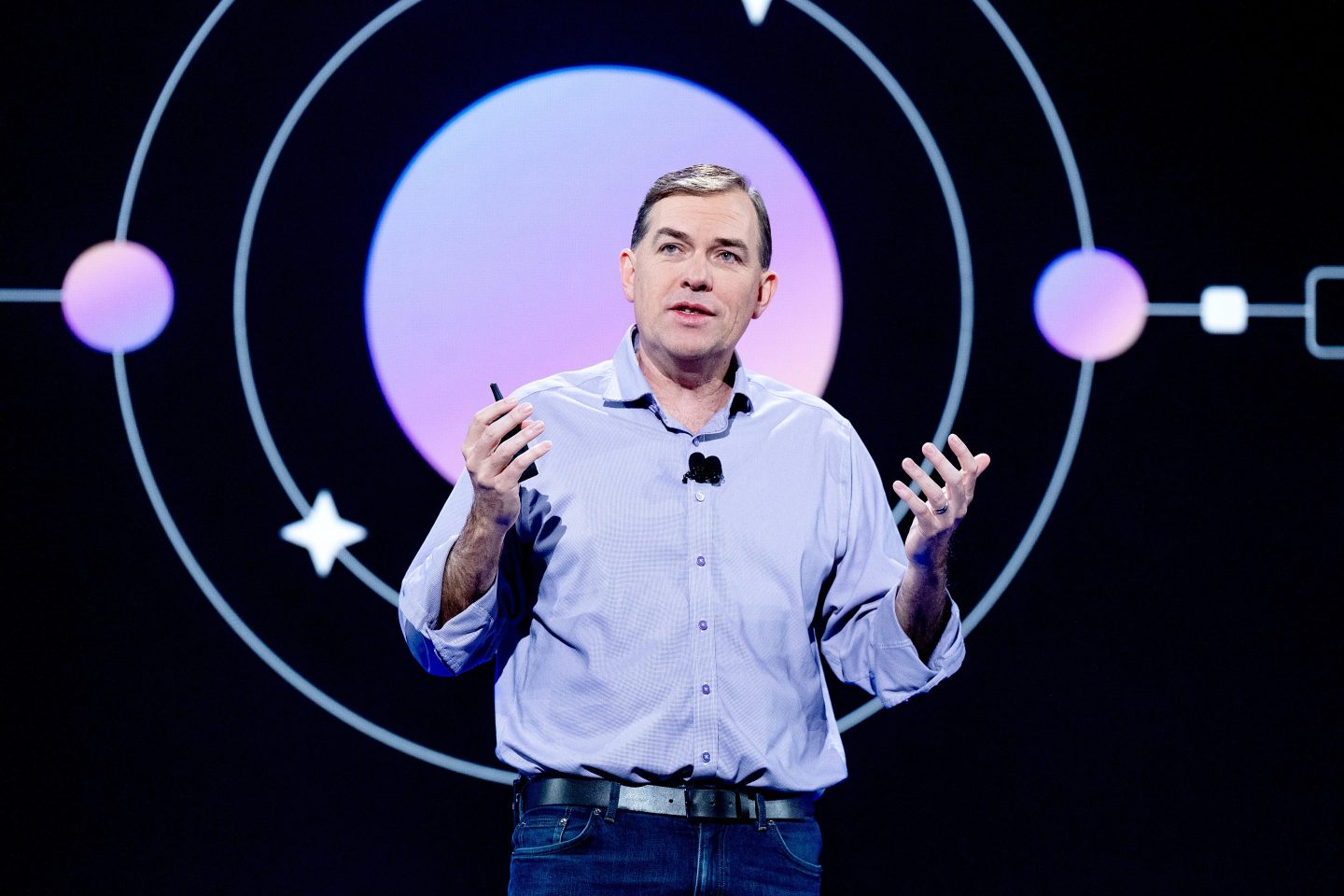People see the U.S. economy as rigged for the wealthy and they want a presidential candidate willing to do something about it, according to a new poll from Axios.
Attitudes toward the economy usually have a major influence on the outcome of elections. According to the data, 90% of Democrats and 71% of Independents want to vote for a presidential candidate in 2020 who will reform the economic system. Even 49% of Republicans agree.
Donald Trump claimed the system was rigged when running for president, and Bernie Sanders made a splash with the same message in 2016.
The attitude has been building over time. A 2017 Pew Research Center poll found that 41% of people in the U.S. thought that life was worse than 50 years before, while only 37% said it was better. The ratio was far more negative than such countries as Japan (15% worse to 65% better), Germany (20% to 65%), or Australia (33% to 50%).
There’s more perception of racial disparities as well. A Gallup poll in January 2018 found that the number of Americans who thought that blacks had the same opportunity to get a job as whites was at a low since before Martin Luther King’s I Have a Dream speech, although it was still 61%. And 67% thought blacks had the same opportunity as whites to get any housing they wanted within their budget, a low point since Gallup first started asking the question in 1989.
Another twist is that 61% of adults between 18 and 24 have a positive attitude toward socialism, versus 58% toward capitalism. And for those between 25 and 34, 58% are favorable to socialism, with 51% positive about capitalism. The next cohort—35 to 44—was 38% with a positive reaction to socialism and 56% toward capitalism. That might signal a door opening, over time, toward a shift in underlying economic models in the country.











